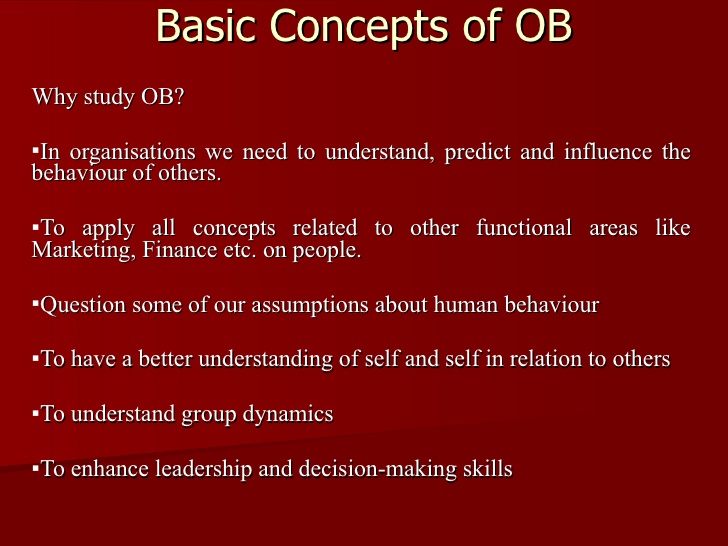

Jones, Strategic Management (Boston: Houghton Mifflin Co.,2007)Ĭourse Outline Objectives This course is intended to introduce the student to the nature and problems of strategic management as seen from the perspective of those charged with running a business, and to offer the student an opportunity to understand and appreciate the challenges of responding to an ever-changing business environment. Gerry Johnson and Kevin Scholes, Exploring Corporate Strategy 5. Thompson and A J Strickland, Strategic Management: Concepts and Cases 4. Henry Mintzberg and James Quinn, The Strategy Process: Concepts, Contexts and Cases 3. Andrews, The Concept of Corporate Strategy, (Homewood, Illinois: Dow Jones-Irwin, 1971). Students should aim at obtaining a minimum average GPA of 2.5 for all stage 1 units.Īcknowledgement These notes are based and drawn from material in the following books:ġ. In addition to the Passing Grade Requirements, students must also achieve 50% or higher in the continuous assessment to pass this subject.

GBS750: STRATEGIC MANAGEMENT Subject NameĪ student will normally be expected to obtain a minimum of overall mark of 50\% to gain a passing grade in this subject. It seeks to throw light on the entire canvas of human factor in the organisations which will include the causes and effects of such behaviour.THE COPPERBELT UNIVERSITY SCHOOL OF BUSINESS DEPARTMENT OF POSTGRADUATE STUDIESĭEPARTMENT OF POSTGRADUATE STUDIES Subject Outline Thus, the field of organisational behaviour is a complex field. Moreover, both the individuals and the organisation are influenced by the external environment. This is because the organisation influences and is influenced by the people working in it. On the other hand, we cannot study the organisations without studying the behaviour of the individuals working in it. Thus, we can say that we cannot study individual behaviour completely without learning something about the organisation. And these factors are influenced by the external environment in which the individuals and the organisation exist. Thus, OB is the study of human behaviour in the organisation, the individual-organisation interaction and the organisation itself. The organisational behaviour must be studied from the perspective of the organisation itself because an organisation exists before a particular individual joins in and continues to exist after he or she has left the organisation. Thus, it is essential that OB must study the ways in which the individuals and organisation interact with each other. On the other hand, the organisation is also affected by the presence or absence of the individual. Over the time, he is affected by his work experience and the organisation as well as his personal experiences and maturity. The individual who joins a new organisation has to come into contact with the co-workers, managers, formal policies and procedures of the organisation etc. He comes into contact with other individuals and the organisation in a variety of ways. The second stage of organisational behaviour is to study the dynamics of how the incoming individuals interact with the broader organisation. At the first stage organisational behaviour must look at the unique perspective that each individual brings to the work setting. Whenever an individual joins an organisation he brings with him unique set of personal characteristics, experiences from other organisations and a personal background. Organisational behaviour in the study of human behaviour in the organisations. The major objective of organisational behaviour is to explain and predict human behaviour in organisations, so that result yielding situations can be created.

Organisational behaviour provides a rational thinking about people and their behaviour. A reasonable climate is created so that employees may get much needed satisfaction and the organisation may attain its objectives.

Organisational behaviour creates an atmosphere whereby both organisation and individuals are benefitted by each other.


 0 kommentar(er)
0 kommentar(er)
